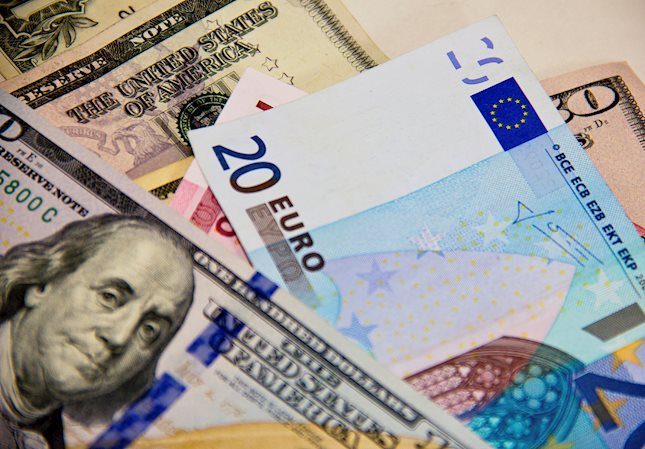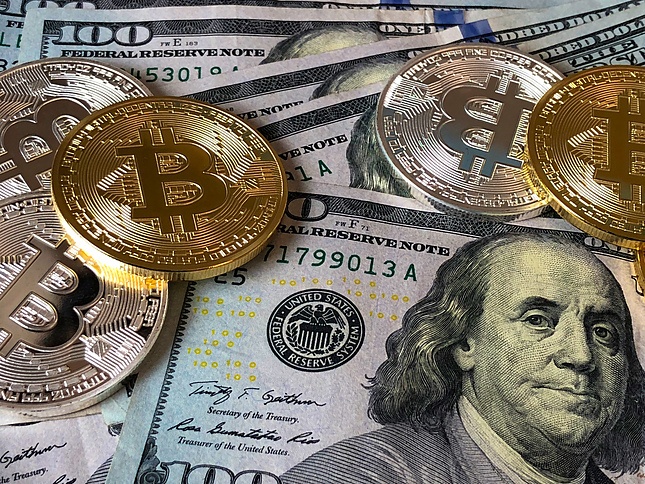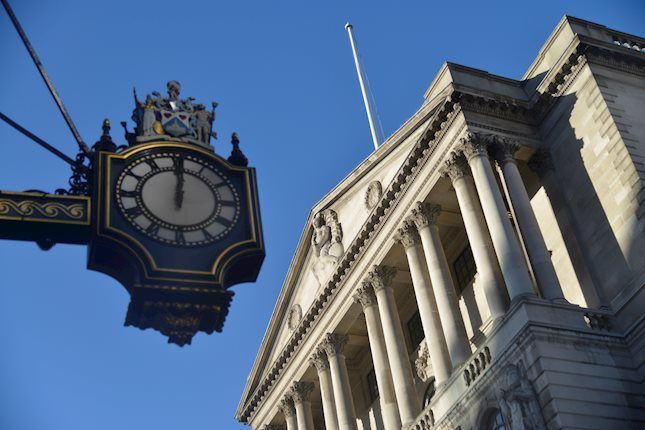Stocks took a sharp dive on Tuesday as escalating tensions in the Middle East poured cold water on the bullish sentiment that had been propelling markets after a strong quarter. Oil prices spiked after Iran fired off a barrage of ballistic missiles in retaliation for Israel’s military strikes against Hezbollah, a key ally of Tehran. Contagion fears spread quickly, sending shockwaves through global markets.
In response, the U.S. Democratic administration wasted no time in pledging military aid to Israel, with the White House National Security Council confirming plans to intercept any missiles targeting Israeli territory. The fast-evolving geopolitical crisis injects fresh uncertainty into the markets, which had been riding high just days before.
While geopolitical tensions are always unsettling, this time, the Middle East feels like a powder keg on the brink of igniting, with potential fallout that could ripple far beyond the region. Beyond the tragic human toll, the markets are jittery over the looming threat of a broader conflict between major regional powers. It’s no longer a localized issue—any escalation could send shockwaves through global economies.
Still, the real drama isn't Iran's missile strike itself—it's the looming question of how Israel might retaliate that’s got everyone on edge. Forget the immediate physical damage; the real fireworks would come if Israel aimed for Iran’s economic jugular—its oil production. If Israel cripples Iran's oil industry, global markets will be left scrambling to catch up. That's what will keep traders up at night—an economic showdown that could send shockwaves rippling through the energy sector.
Tuesday’s market retreat came right on the heels of record-setting highs for both the S&P 500 and the Dow, which wrapped up an unexpectedly strong quarter. Typically, September is the month when stocks stumble, but this year? It broke the mould, leaving many traders both surprised and cautious as they navigated a sea of new risks.
Investor optimism had been riding high, buoyed by hopes that the U.S. economy could keep humming despite signs of a cooling job market, with the Federal Reserve stepping in as the cavalry. Last month, the Fed delivered its first interest rate cut in over four years, hinting that more cuts could be in the pipeline well into next year.
But here’s the burning question for Wall Street: Are these cuts going to be enough to keep the economic engine running smoothly, or did the Fed wait too long by keeping rates at their highest levels in two decades to tame inflation? Now, everyone’s wondering if the central bank’s moves will act like a well-timed boost—or a case of too little, too late.
A grim report that revealed U.S. manufacturing stumbled harder than expected in September added to the market's jitters. Economists had anticipated a slowdown, but the sector, already on the ropes from high interest rates, took an even steeper hit as demand continued to sag. Manufacturing, often seen as a bellwether for the broader economy, has been feeling the squeeze, and this latest report only deepened concerns about the ripple effects of slowing industrial activity.
Meanwhile, another storm cloud looms on the horizon: a dockworkers' strike hitting 36 ports across the eastern U.S. If this disruption stretches out, it could seriously choke supply chains, creating a ripple effect that might reignite inflationary pressures—just what the jittery market doesn’t need right now.
With everything from consumer goods to industrial supplies potentially stalled, the strike adds another layer of uncertainty to an already uneasy landscape. Investors are keeping a wary eye on how this labour standoff unfolds, knowing it could add fuel to the inflation fire just as the economy’s trying to cool off.
SPI Asset Management provides forex, commodities, and global indices analysis, in a timely and accurate fashion on major economic trends, technical analysis, and worldwide events that impact different asset classes and investors.
Our publications are for general information purposes only. It is not investment advice or a solicitation to buy or sell securities.
Opinions are the authors — not necessarily SPI Asset Management its officers or directors. Leveraged trading is high risk and not suitable for all. Losses can exceed investments.
Recommended Content
Editors’ Picks

EUR/USD extends recovery beyond 1.0400 amid Wall Street's turnaround
EUR/USD extends its recovery beyond 1.0400, helped by the better performance of Wall Street and softer-than-anticipated United States PCE inflation. Profit-taking ahead of the winter holidays also takes its toll.

GBP/USD nears 1.2600 on renewed USD weakness
GBP/USD extends its rebound from multi-month lows and approaches 1.2600. The US Dollar stays on the back foot after softer-than-expected PCE inflation data, helping the pair edge higher. Nevertheless, GBP/USD remains on track to end the week in negative territory.

Gold rises above $2,620 as US yields edge lower
Gold extends its daily rebound and trades above $2,620 on Friday. The benchmark 10-year US Treasury bond yield declines toward 4.5% following the PCE inflation data for November, helping XAU/USD stretch higher in the American session.

Bitcoin crashes to $96,000, altcoins bleed: Top trades for sidelined buyers
Bitcoin (BTC) slipped under the $100,000 milestone and touched the $96,000 level briefly on Friday, a sharp decline that has also hit hard prices of other altcoins and particularly meme coins.

Bank of England stays on hold, but a dovish front is building
Bank of England rates were maintained at 4.75% today, in line with expectations. However, the 6-3 vote split sent a moderately dovish signal to markets, prompting some dovish repricing and a weaker pound. We remain more dovish than market pricing for 2025.

Best Forex Brokers with Low Spreads
VERIFIED Low spreads are crucial for reducing trading costs. Explore top Forex brokers offering competitive spreads and high leverage. Compare options for EUR/USD, GBP/USD, USD/JPY, and Gold.